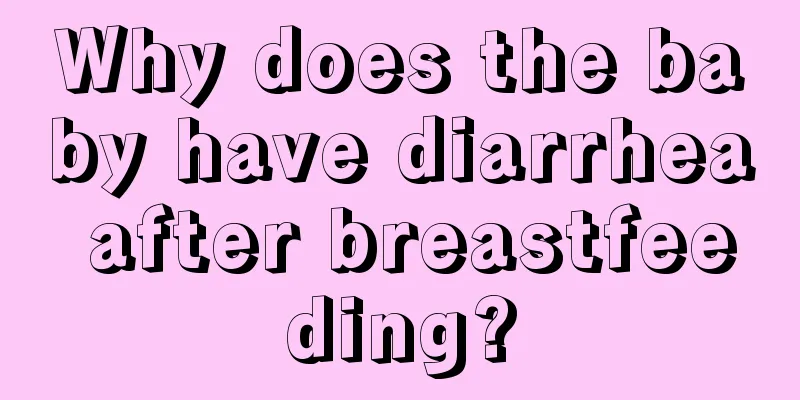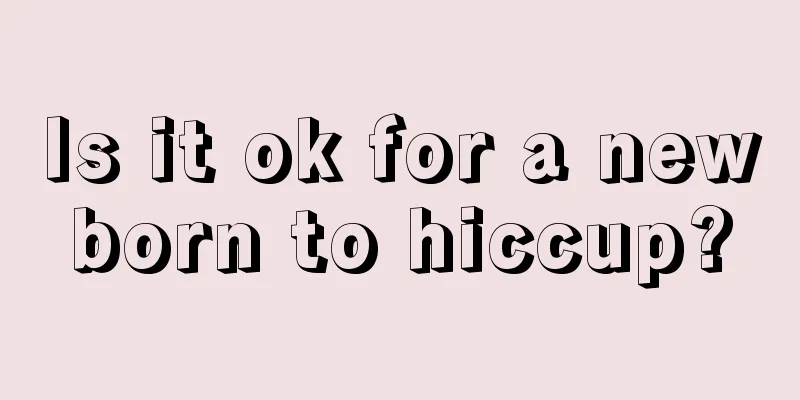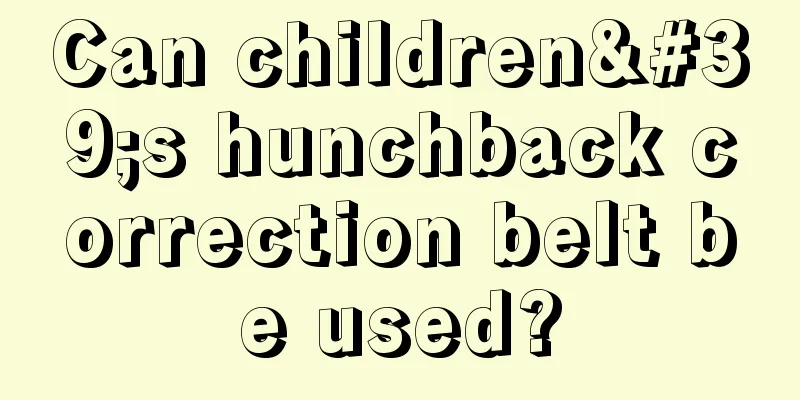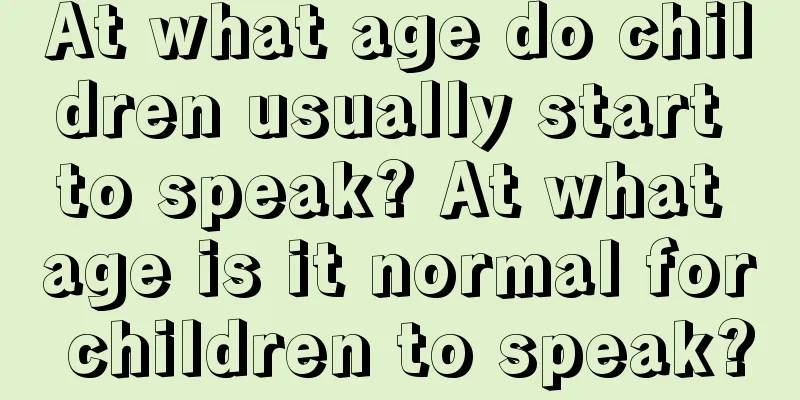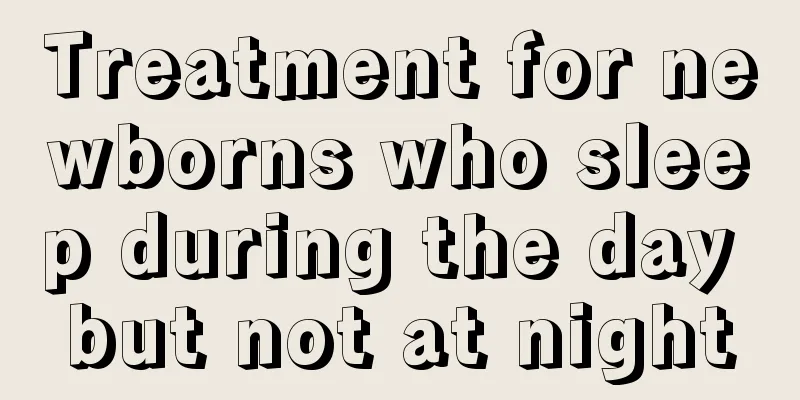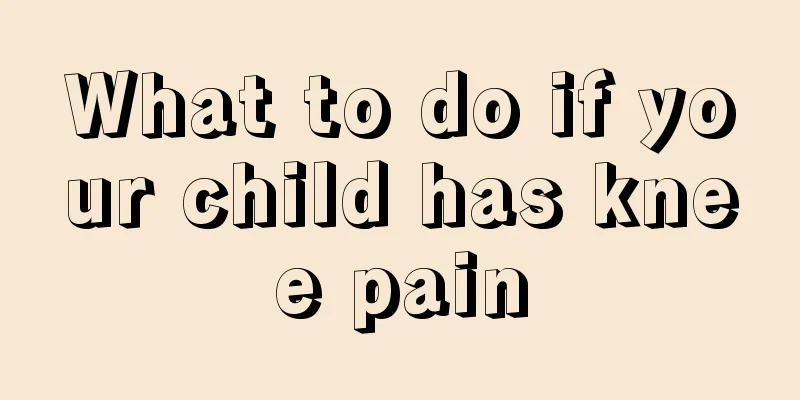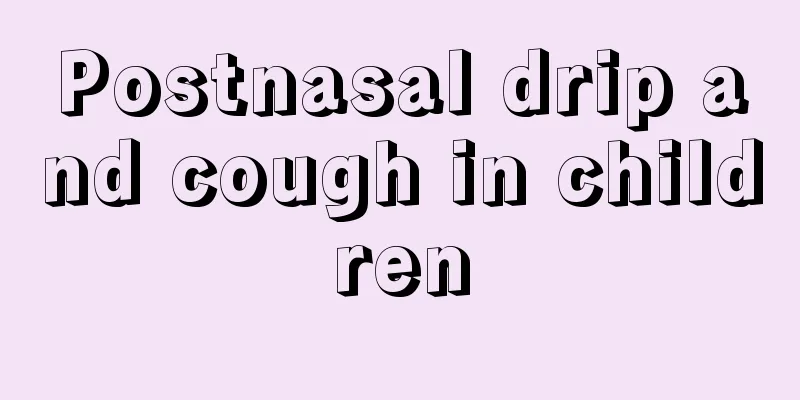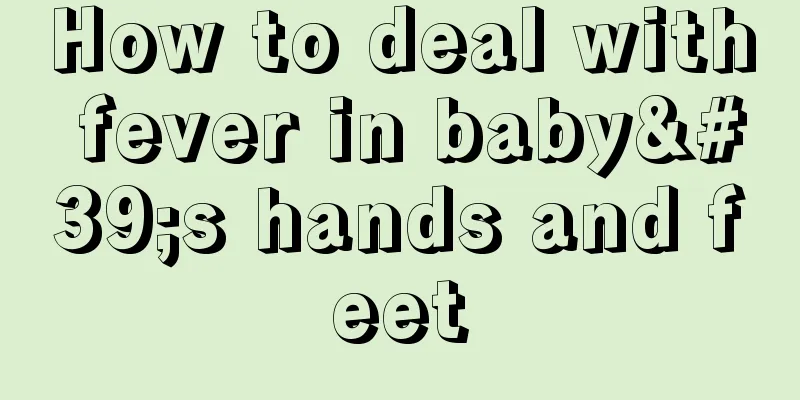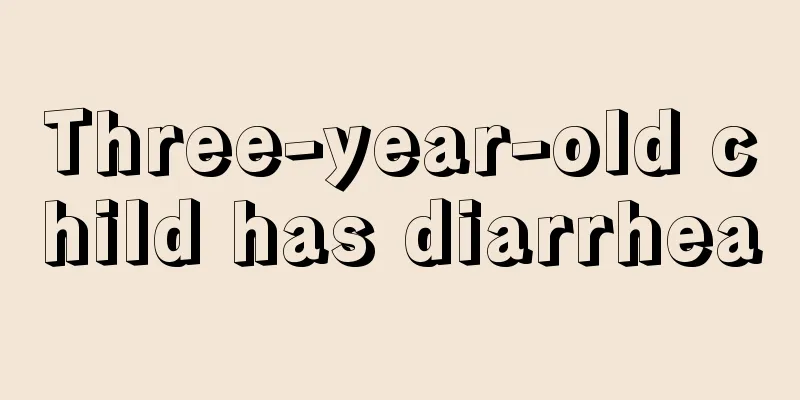What to do if your child coughs and vomits at night
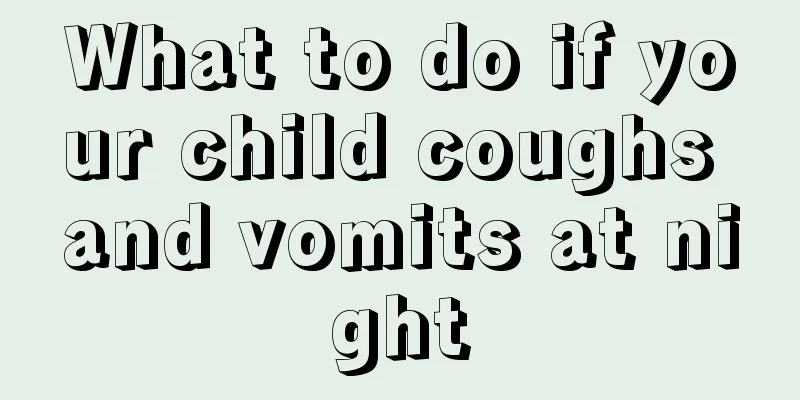
|
Whether it is an adult or a child with a cold and cough, we will find a very strange phenomenon. After taking cold medicine, we feel much better. The frequency of coughing has decreased, the intensity has been significantly weakened, and it no longer shakes the chest. However, once lying in bed at night, the cough will suddenly become more severe, especially for children, who will keep coughing and even vomit. What is the reason for this? Cold is one of the most common diseases in children. According to medical observations, a child often catches a cold several times a year, especially infants and preschoolers.The severity of children's colds varies greatly. In mild cases, there is only clear nasal discharge, nasal congestion, sneezing, or accompanied by tearing, a slight cough, and throat discomfort. It usually heals itself within 3 to 4 days. Sometimes it is also accompanied by fever, sore throat, tonsillitis and swollen lymph nodes. Fever can last from 2 to 3 days to about 1 week. Children's colds are often accompanied by vomiting and diarrhea. In severe cases, the body temperature can reach 39-40℃ or higher, accompanied by systemic symptoms such as chills, headache, general weakness, sharp loss of appetite, and disturbed sleep. Children's colds are extremely common minor ailments, but they should not be taken lightly. If not treated promptly or improperly, they can often cause many complications, the most common of which are sinusitis, stomatitis, laryngitis, otitis media and lymphadenitis. It can also cause retropharyngeal abscess, peritonsillar abscess, tracheitis and pneumonia, etc. Sometimes children's colds can spread throughout the body through the blood circulation, causing serious diseases such as sepsis, empyema, meningitis, etc., which are life-threatening. In addition, it can also cause immune diseases such as myocarditis, rheumatic fever, acute nephritis and other diseases. Therefore, when children catch a cold, parents must follow the doctor's instructions to provide good home care. An important point in home care for children with colds is to let the child get enough rest. The younger the child is, the more rest he needs. He can only resume free activities after the symptoms disappear. The second is to take medicine on time. As for most colds, most are caused by viruses, and antibiotics are ineffective. Especially in the early stages of viral infections, antibiotics are not only ineffective, but the abuse of antibiotics can cause dysbiosis in the body, which is conducive to the reproduction of pathogens and aggravates the condition. Taking "Bai Fu Ning" can effectively relieve fever, nasal congestion, cough and other discomforts caused by colds, avoid complications and recover early. Third, during the period when children have a cold and fever, they should be given liquid food, noodles, porridge and other foods according to their appetite and digestive ability. The frequency of breastfeeding for children should be temporarily reduced to avoid indigestion symptoms such as vomiting and diarrhea. Fourth, the room should be quiet, the air should be fresh, smoking is prohibited, and the temperature should be constant, not too high, too low, or too humid. More attention should be paid when there are symptoms of laryngitis, so that the child can recover soon. If the fever persists or complications occur, you should go to the hospital for diagnosis and treatment in time to avoid accidents.
Winter is the peak season for respiratory infections. Some children catch colds easily and feel sick throughout the winter. This not only affects the children's healthy growth, but also brings a burden to the parents. The pathogens that cause colds are mainly viruses. There are many types of viruses, and they are very easy to mutate. Therefore, children generally have no immunity to colds. If the child's constitution and resistance are weak, the possibility of repeated colds is greater. Children generally do not need to take antibiotics after suffering from a viral cold. As long as they are given enhanced care, adequate rest, plenty of boiled water, and easily digestible food, they will recover quickly. |
<<: What should I do if my child has a fever and convulsions?
>>: What should I do if my child has chickenpox and a fever?
Recommend
Does your child have a lump in his breast? These issues cannot be ignored
With the improvement of living standards, many pr...
What to do if your child has ear pain during a fever
When children are at home, they may have a fever ...
The reason why a seven-month-old baby breathes heavily
The physical health of babies has always been a c...
What should I do if my child’s hand is dislocated? Introducing the correct solution
If a child's hand is dislocated, it will defi...
What is the reason for the child's hard stomach
Children have various problems in life. Sometimes...
What is the reason why fat children have black necks?
There are many fat children in our lives, and obe...
What should I do if my baby falls asleep while feeding?
Now that we have grown up, many people envy babie...
How to treat red eyes in babies
When the baby's eyes are a little red, our pa...
How does hernia form in children?
Many people will encounter children with pediatri...
What should I pay attention to during my baby's physical examination?
A common phenomenon nowadays is early birth and e...
Your baby's teeth are not growing in order
Most mothers know that the baby's teeth will ...
What foods can a one-year-old baby with anemia eat?
Since babies have relatively low resistance and p...
What can children with anemia eat to replenish blood?
Children's physical development is very fast,...
Why does my seven-month-old baby have a blocked nose at night?
We all know that in our daily lives, due to vario...
How to differentiate abdominal pain in children?
For children, abdominal pain is the most common s...
